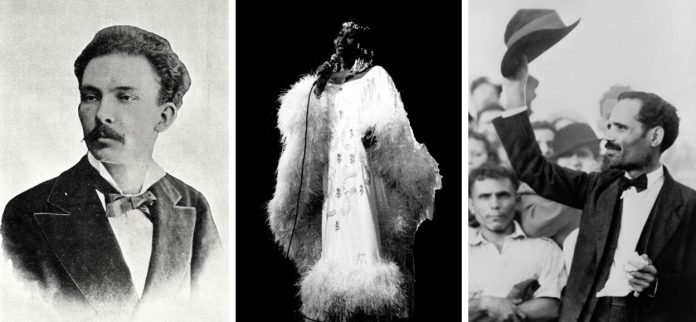
Throughout history, several Hispanic-Caribbean individuals have risen to prominence, making significant contributions to politics, literature, music, social movements and more. This Hispanic Heritage Month, we’re taking a look at some of these influential figures.
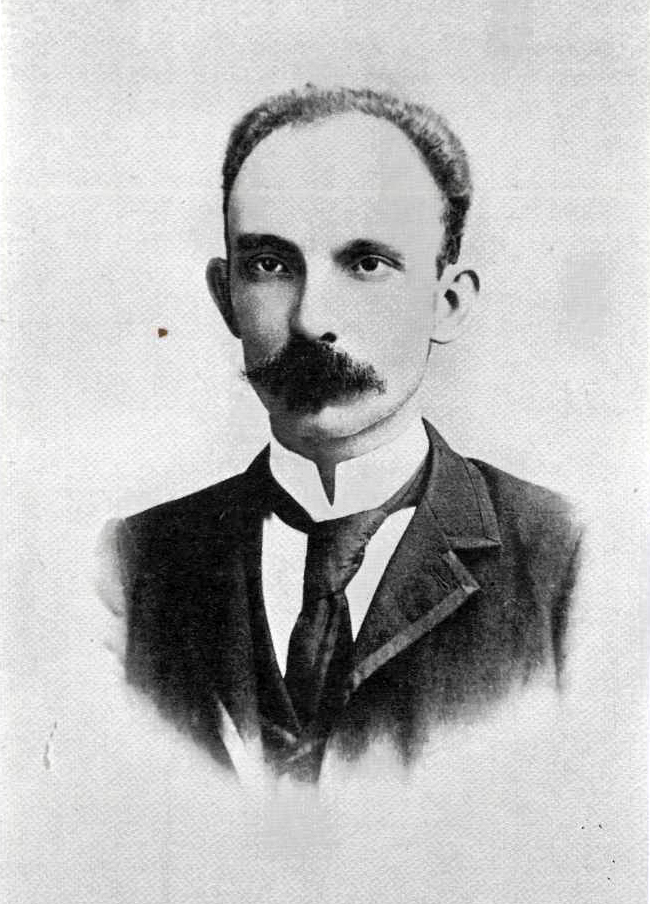
Cuba. Secretaría de Instrucción Pública y Bellas Artes., via Wikimedia
José Martí: The Voice of Cuban Independence
José Martí, often referred to as the “Apostle of Cuban Independence,” was a poet, journalist, philosopher and revolutionary who played a crucial role in the fight for Cuba’s independence from Spanish rule. Born in Havana in 1853, Martí’s writings and speeches advocated for freedom, justice and equality. His seminal work, “Versos Sencillos,” reflects his deep love for Cuba and his commitment to social justice. Martí’s efforts culminated in the Cuban War of Independence in 1895, though he tragically died in battle shortly after it began. His legacy endures in Cuba and beyond, with his ideas and writings continuing to inspire movements for freedom and independence across Latin America and the Caribbean.
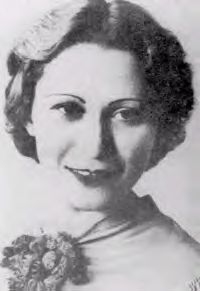
Julia de Burgos: Puerto Rico’s Literary Icon
Julia de Burgos, one of Puerto Rico’s most celebrated poets, is renowned for her passionate and socially conscious writings. Born in 1914 in Carolina, Puerto Rico, de Burgos used her poetry to challenge the political and social norms of her time, addressing issues such as colonialism, women’s rights and social inequality. Her work, including the iconic poem “Río Grande de Loíza,” is deeply personal yet universally resonant, reflecting the struggles and hopes of the Puerto Rican people. De Burgos’s life was marked by tragedy, including her untimely death in New York City at the age of 39. However, her influence on Puerto Rican literature and her role as a feminist and nationalist icon have only grown over time.
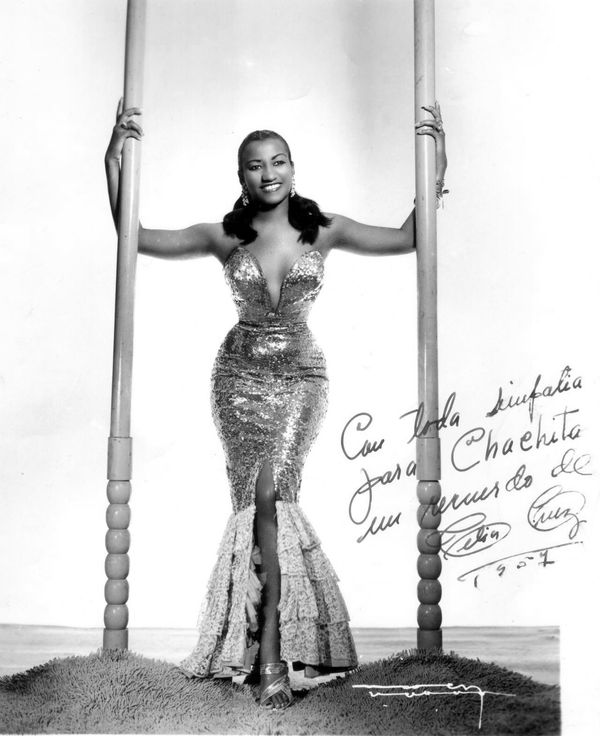
Celia Cruz: The Queen of Salsa
Celia Cruz, known worldwide as the “Queen of Salsa,” is one of the most influential figures in Latin music. Born in Havana, Cuba, in 1925, Cruz’s voice and magnetic stage presence helped to popularize salsa music around the globe. Throughout her six-decade career, Cruz recorded more than 70 albums and won numerous awards, including three Grammy Awards and four Latin Grammy Awards. Her signature catchphrase, “¡Azúcar!” (Sugar!), became synonymous with her vibrant personality and zest for life. Cruz’s music not only entertained millions but also played a crucial role in preserving and promoting Afro-Cuban culture, making her a beloved figure in the Caribbean and beyond.
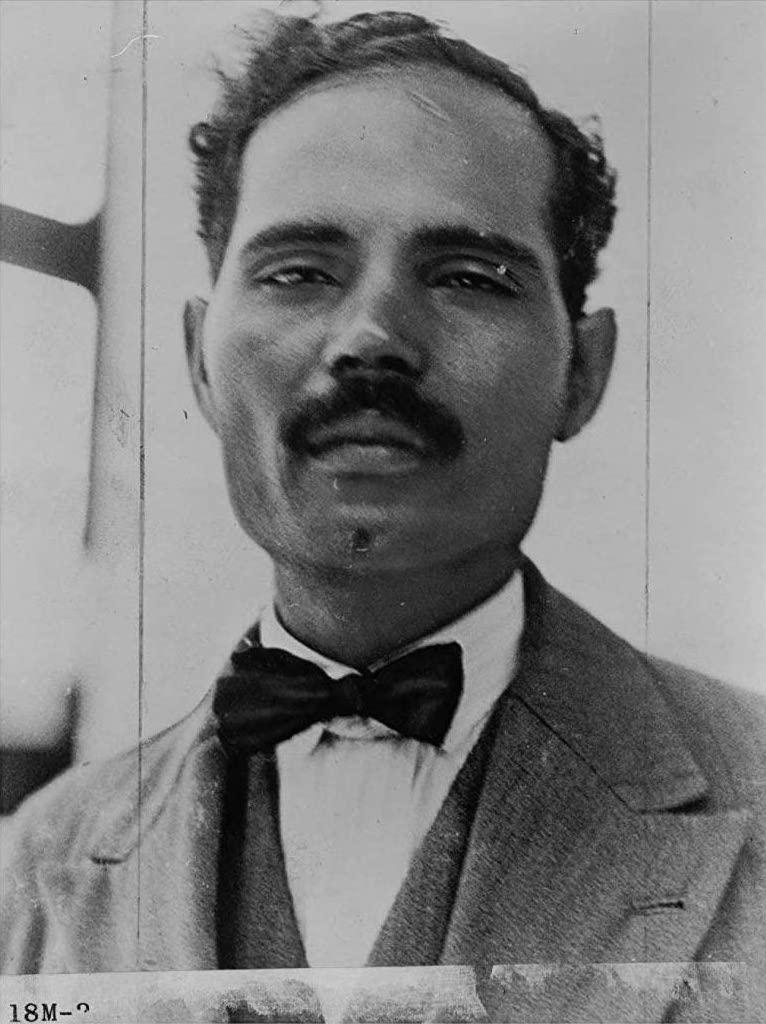
Pedro Albizu Campos: Champion of Puerto Rican Nationalism
Pedro Albizu Campos was a Puerto Rican attorney and politician who became the most prominent leader of the Puerto Rican independence movement. Born in 1893 in Ponce, Puerto Rico, Albizu Campos was a brilliant student who studied at Harvard University before returning to Puerto Rico to advocate for its independence from the United States. As the leader of the Puerto Rican Nationalist Party, Albizu Campos organized numerous protests and uprisings, including the 1950 Jayuya Uprising, which sought to overthrow U.S. control of the island.
Despite being imprisoned multiple times for his activism, Albizu Campos remained a steadfast advocate for Puerto Rican sovereignty until his death in 1965. Today, he is remembered as a symbol of resistance and an early champion of the island’s right to self-determination.






























